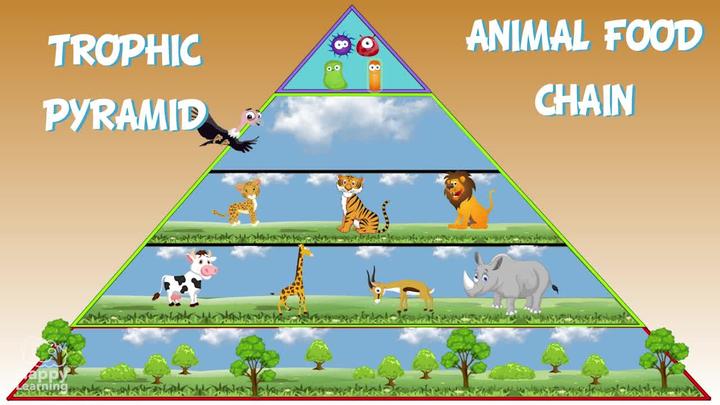
Interesting facts about dogs
Did you know that each dog has a unique snout? Just as each human in the world has different fingerprints. And can you guess when it was domesticated? Knowing interesting facts about dogs with Happy Learning!

Did you know that each dog has a unique snout? Just as each human in the world has different fingerprints. And can you guess when it was domesticated? Knowing interesting facts about dogs with Happy Learning!

Did you know that our nose is capable of smelling more than 50 thousand different smells? or did you know that if you were to join all your blood vessels they would measure approximately 97.000km? learn interesting facts about Human Body

Did you know that spiders are one of the animals that most people are scared of? If you would know interesting fact abour spiders, you like them! They could stop an airplane while it’s flying. This is awesome!

Did you now that the fastest bird is the peregrine hawk or how many times can the hummingbird flutter per minute? We’ll learn a interesting facts about birds with Happy Learning. They’ll surprised you!

Do you know the komodo dragon exists? Don’t you believe it? They don’t fly, don’t spit fire, but you can see them in some areas of the Earth.Yes, it’s the Komodo Dragon and they’re so interesting!! That’s right!

Ecosystems are communities of living things in any given area. They can be very small, such as a puddle, or very big such as a desert. In this educational video you’ll learn about them and get to know why they’re so important.

Every living thing needs energy in order to live and this energy is found in the food they eat. Living creatures are situated on various levels of the animal food chain depending on what they eat.

The nervous system has special cells called neurons and it is divided in two parts: the central nervous system and the peripheral nervous system. Watch this video and learn about the marvelous human brain.

Have you ever wondered where do babies come from? In this video you’ll learn about the whole process of human reproduction and each one of its three stages: conception, pregnancy and childbirth.

Molluscs are very soft invertabrate animals and the most abundant among invertebrates on our planet. They are divided into three smaller subgroups: the gastropods, the bivalves and the cephalopods.